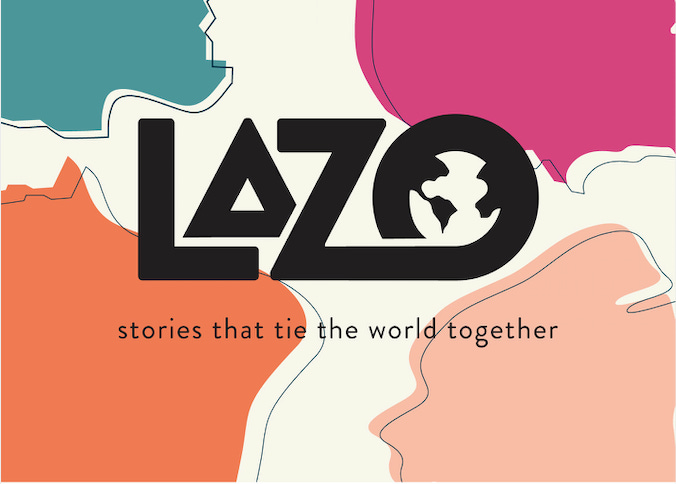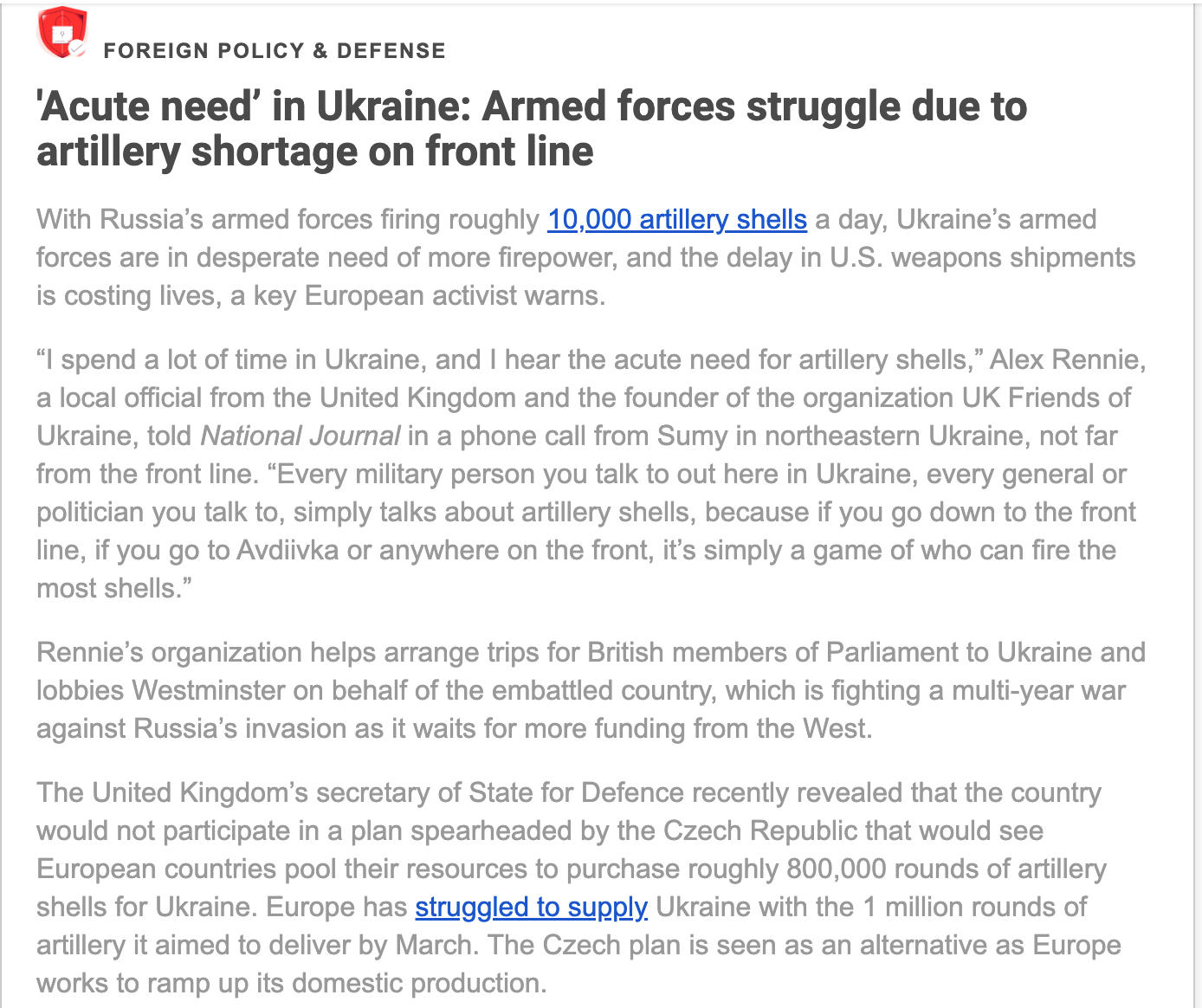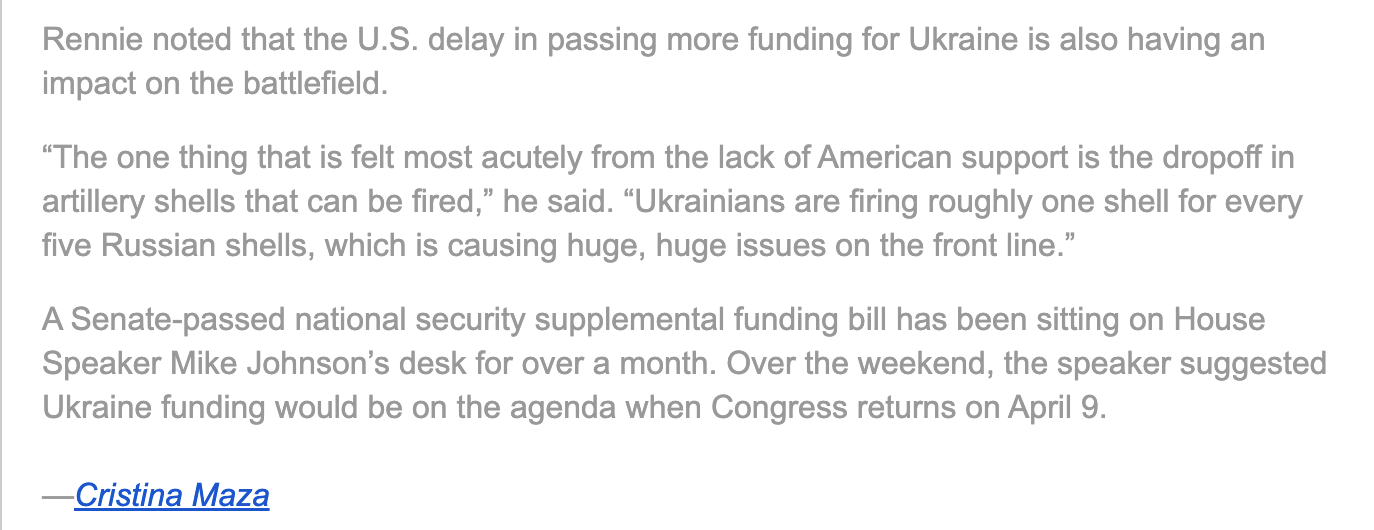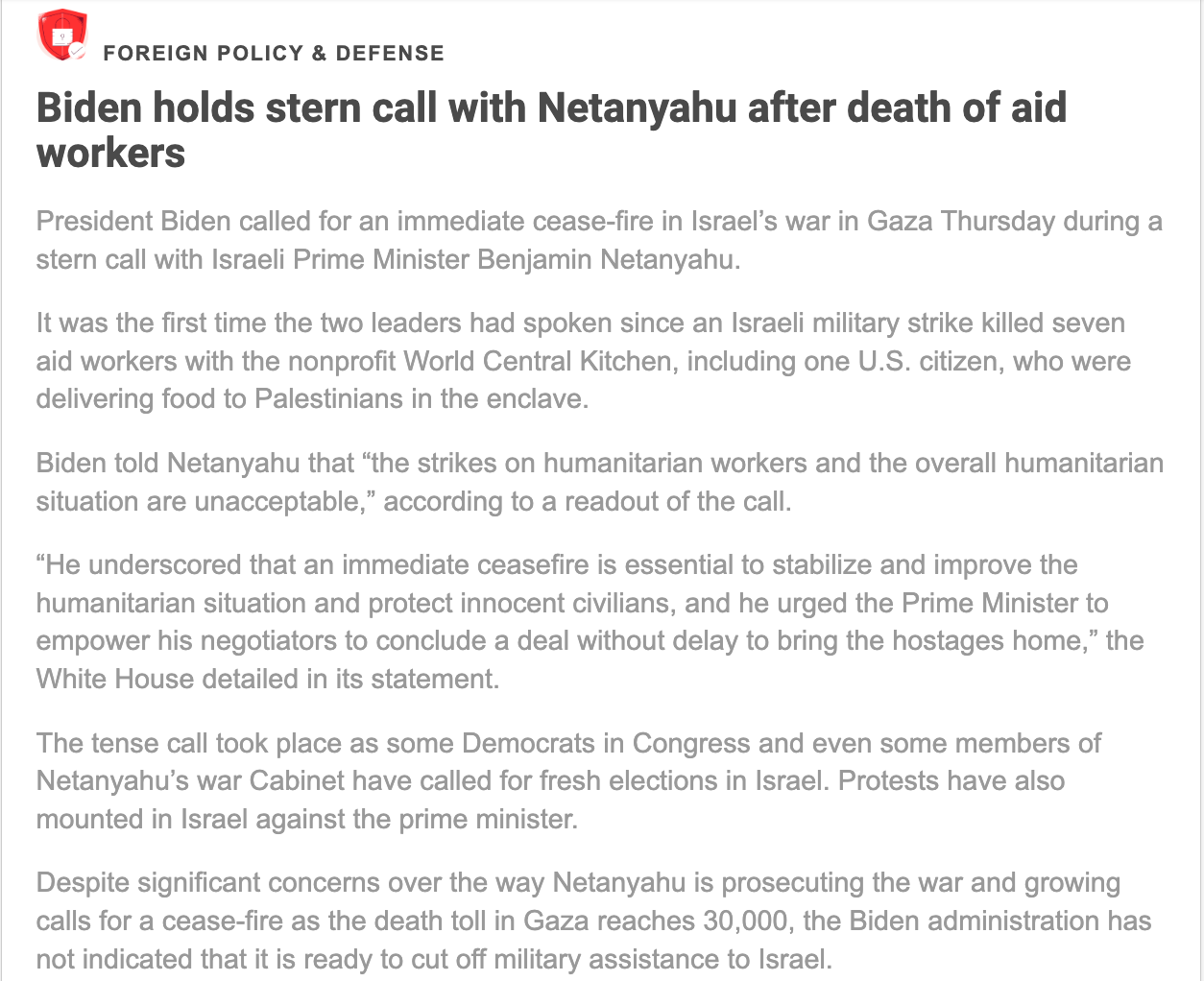There was a time back in 2017, right after I moved to the U.S. and began working in Newsweek’s office in lower Manhattan, when I covered religion. It was a brief stint. I’ve always found religiosity and belief fascinating, but I wasn’t raised in a religious household, and I lack a lot of basic knowledge about Christianity or other monotheistic religions that most people pick up during childhood by osmosis. At the time, I enjoyed delving into a subject I didn’t know well and using it as an excuse to learn. But when I got the opportunity to report on foreign affairs, my beat of choice, I jumped on it, leaving most religion coverage in the dust.
But this week, by complete coincidence, my reporting veered once again into the world of religion. I interviewed Archbishop Borys Gudziak, the head of the Ukrainian Catholic Church in the U.S. (coming soon!), and I reported a story on the Christian nationalist obsession with Russian President Vladimir Putin. For that story, I spoke to Dr. Katie Kelaidis, who studies Western perceptions of Eastern Orthodoxy and comes from a Greek Orthodox background. She had some interesting things to say about the divisions within the Eastern Orthodox Church that didn’t make it into my piece.
In January 2019, the head of the Orthodox Church in Constantinople granted the Orthodox Church of Ukraine self-governing status, autocephalous. That broke the 300-year dominance of the Russian Orthodox Church.
In response, the Russian Patriarchate broke ties with the Patriarchate in Constantinople, creating arguably the most significant divide in Eastern Orthodoxy in thousands of years. Kelaidis described this as “manna from heaven” for Moscow because it gave them a justification to enter regions around the world like East Asia or Subsaharan Africa to establish their own churches.
“This was based on the idea that the Patriarchate of Constantinople is out of communion now. It’s heretical. It might as well be Rome,” Kelaidis described.
But Kelaidis added that the splits between Constantinople and the Russian Patriarchate have additional political dimensions related to worldview.
There’s a secular, political issue about how Orthodox Churches should relate to modernity, she noted:
Patriarch Bartholemew of Constantinople, who is the Ecumenical Patriarch and the leader of this anti-Russian faction, exists as a minority religious leader in Turkey. He needs the language of human rights, the language of religious and cultural pluralism, the language of equality before the law, and a secular rule of law, to survive.
In Russia, particularly under Patriarch Kirill, who came to his throne in 2009, there’s an increasingly close relationship between the Russian Orthodox Church and the Russian state, one that is built on a nostalgic theory of the Symphonia of the Byzantine Empire and imperial Russia, this idea that church and state ruled the world in harmony with one another. And for Kirill, his power really lies in a religious homogeny, on a rejection of pluralism and liberalism.
This is the great divide in contemporary religion, and gender and sexuality become these signposts about how you relate to modernity. These issues, gender, and sexuality, have displaced traditional theology in creating theological alliances.
Today, there is still rivalry between the Ukrainian Orthodox Church, which is still under the umbrella of the Moscow Patriarchate, and the Orthodox Church of Ukraine, which isn’t. But even the Ukrainian Orthodox Church has shown signs of independence from Moscow since the start of Russia’s full-scale invasion in 2022.
What I’m writing:
• I wrote about the appeal of Russian Orthodoxy and Vladimir Putin in the United States as an ideological movement that blends monarchy, white supremacy, authoritarianism, imperial Russia, and conspiracy theories spreads throughout the country. This story is unlocked and free to read.
My weekly news blurbs:
What I’m reading:
• A yearlong investigation by Insider, 60 Minutes, and Der Spiegel uncovered evidence suggesting that Havana Syndrome may have its origin in the use of directed energy weapons wielded by the Russian GRU’s infamous Unit 29155.
• Ukrainian President Volodymyr Zelensky fired six more aides and advisors. It comes after the dismissal of National Security and Defense Council Secretary Oleksii Danilov, who was named ambassador to Moldova, and the replacement in February of Valerii Zaluzhnyi, the head of the armed forces, who was named Ukraine’s ambassador to Britain. The Associated Press has the story.
• The United States and other Western countries are considering transferring to NATO a U.S.-led multinational group that coordinates the shipment of weapons to Ukraine, Politico reports. It is one of several new proposals to help maintain arms transfers to Kyiv even under a second Trump presidency.
• Belarus began three-day military exercises in regions bordering Ukraine, Lithuania, and Poland, Reuters reports.
• Former British Prime Minister Tony Blair was once hired to lobby for a gas pipeline from Azerbaijan that activists described as a “carbon bomb.” Now he wants to help the Baku government run climate talks, Politico Europe reports.
• In Georgia, the ruling Georgian Dream party is trying to pass its foreign agents law, which mimics Russian legislation to repress independent media and non-government organizations. Reuters has the story.
• The leader of the main opposition party in North Macedonia said that if elected prime minister, he would refer to the country solely as “Macedonia,” regardless of the 2018 Prespes Agreement that settled the dispute with Greece over the country’s name, Kathimerini reports.
• Bulgaria and Romania partially joined the Schengen zone, easing cross-border travel requirements, Al Jazeera reports.
• Turkey’s President Recep Erdoğan’s political party failed to recapture control of major urban areas in local elections, the Associated Press reports.
• Turkey’s highest electoral authority restored the right of a newly-elected pro-Kurdish mayor to hold office, overturning an earlier decision by a lower body that sparked widespread protests, the Associated Press reports.
• Spain will recognize Palestinian statehood by the summer, Prime Minister Pedro Sanchez told journalists during a Middle East tour.
• Thousands of Israelis demonstrated in Jerusalem to call for early elections in one of the biggest protests against Prime Minister Benjamin Netanyahu since the start of the war. Those protests followed a separate anti-government protest in Tel Aviv, where demonstrators included families of hostages in Gaza, citizens objecting to Netanyahu’s attempt to bypass an Israeli Supreme Court decision requiring ultra-Orthodox men to serve in the military, and members of the anti-Netanyahu protest movement that predates the war. The New York Times has the story.
• Israel gave the United Nations a proposal to dismantle the U.N. agency for Palestinian refugees (UNRWA), the Guardian reports.
• The United Nations Human Rights Council adopted a resolution calling for a halt to arms supplies to Israel and placing scrutiny on its allies for possible international law violations, the New York Times reports.
• Israel’s parliament approved a law granting the government the power to ban broadcasts of TV channels, including Al Jazeera, the BBC reports. Israeli Prime Minister Benjamin Netanyahu said he would “act immediately” to close the network’s local office, calling it a “terrorist channel.”
• Iranian security forces battled simultaneous terrorist attacks by a militant separatist group in a southeast province, the New York Times reports. Jaish al-Adl, a separatist militant group designated by the U.S. as a terrorist organization, claimed responsibility for the attacks.
• Radio Free Asia is closing its Hong Kong bureau over safety concerns under the city’s new national security law, the Associated Press reports.
• Peruvian President Dina Boluarte avoided the latest attempt to impeach her on corruption charges related to a luxury Rolex and jewelry collection, Al Jazeera reports.
• Police raided the home of Peru’s President Dina Boluarte in the corruption probe, the Associated Press reports.
You can write to me for any reason: c.maza@protonmail.com













